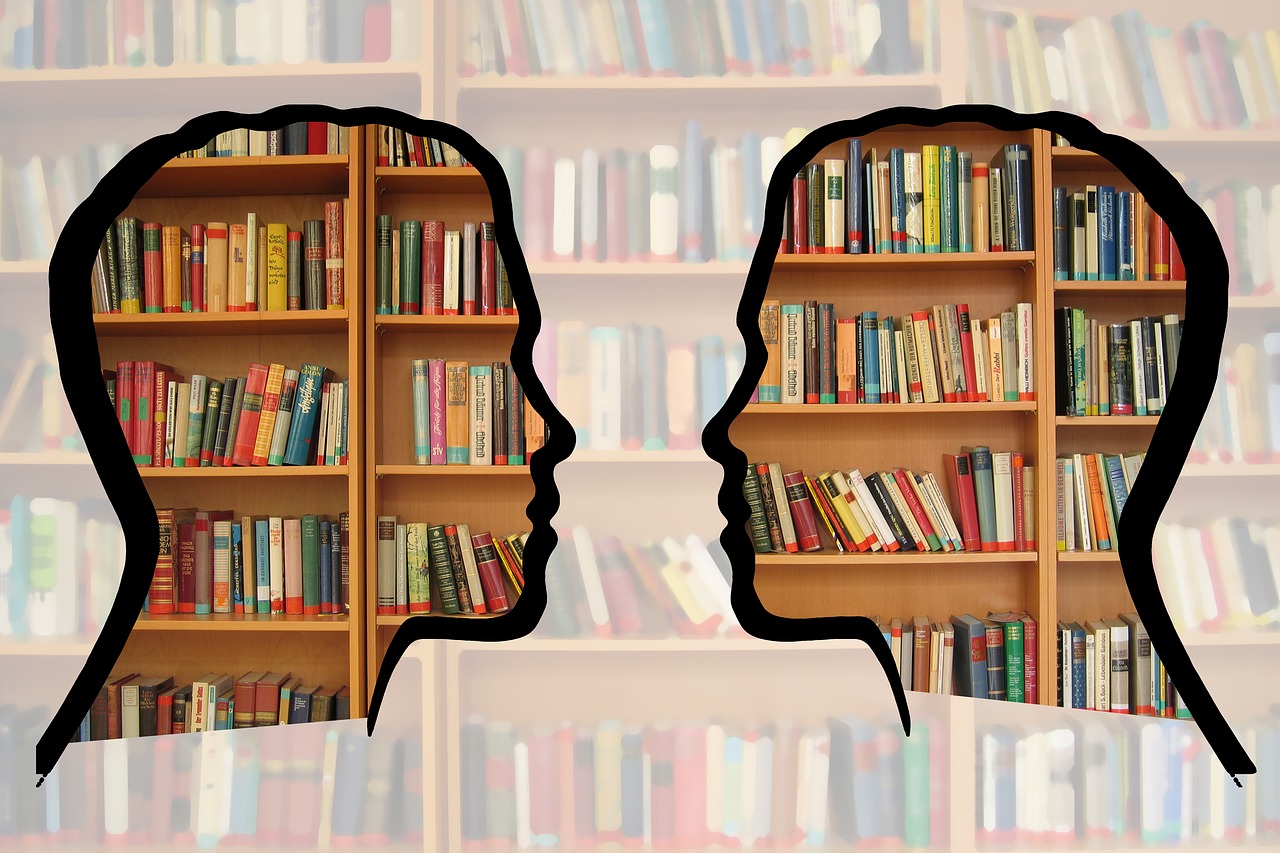
Why library leaders make great coaches (and why coaching will change a life – maybe yours…)
My first profession was as a librarian. I was drawn to do it because I am curious, because I have a drive to help people and a belief in inclusion and learning for all. I believe in the power of information to impact decisions and change minds, to grow people and organisations, to empower and enlighten.
So when people ask how I moved from being a library manager to running my own coaching and training company, the answer is rooted in the same beliefs, values and even skills. There are definitely parallels between a reference enquiry made in a public library, where my career began, and a coaching conversation. Library users would approach me and ask for a specific resource. I’d listen to them with really well. I might ask a couple of questions and together, we’d work out that the resource they thought they needed perhaps wasn’t the thing which would help them most. Sound familiar? I’d then help them find what they were looking for in a way which meant that in future, they could access that resource independently and confidently, applying their knowledge not only to the issue in hand, but to issues yet unknown. I’m sure this is something which strikes a chord and it’s how I now recognise coaching works.
What coaching is
Coaching is about listening with full attention, without judgement, holding a belief that the person you’re working with has within them the answers they’re seeking; it’s about connecting, asking powerful questions, reflecting back the subtleties of responses and holding a process which enables the coachee to do their very best thinking. According to the Association for Coaching, coaching is ‘a collaborative solution-focused, results-orientated and systematic process in which the coach facilitates the enhancement of work performance and supports an employee to achieve improved business performance and operational effectiveness ’. So coaching helps individuals discover new things, get to new places, find new answers; and it helps organisations ensure they’re using the unique qualities, skills and experience we all take to work every day.
Library leaders as coaches
It is widely accepted that coaching is fundamental to effective leadership . And here’s why:
- There is a correlation between coaching and improvements in staff engagement, performance and productivity
- Coaching leads to improved problem-solving and creativity
- Coaching helps people navigate change
- It enhances self-management and self-learning as well as psychological well-being and confidence
- Coaching brings about improved communication, decision making and relationships
- It provides professional and career development and provides long-term and sustainable impact
Librarians are ideally placed because of the work they do, the skills they have and the things they care about, to become amazing coaches who add value not only to their own team or service, but to their organisation and their profession.
A coaching approach
All leaders can adopt a coaching approach. Building and maintaining rapport, listening (really listening), asking powerful questions, reflecting back and giving feedback are all skills participants develop in my Coaching Skills for Managers workshops. The biggest learning is often that a natural desire to offer advice can inhibit the team’s effectiveness and that a coaching approach is empowering for both the leader and their team. Coaching enhances 1-1s within teams and and can influence upwards too. It engages those who might not otherwise connect with us.
Deepening skills
Over the years I have been delivering accredited coach training, I have witnessed how digging deep into those fundamental coaching skills and into the values and beliefs which underpin them can transform people. A professional coach makes a difference in any workplace, and the potential for that to happen in information environments is huge. Trained coaches add value in powerful ways: build confidence and stronger teams; create and sustain an inclusive culture; improve employee engagement and retention and contribute to an organisation’s culture and ethos . Coaches, like librarians, are powerful agents of change.
Train to be a coach!
My next ILM Level 5 (the first face-to-face L5 programme in a while) starts in September 2023. My Level 7 Certificate for Executive and Senior Level Coaches starts in April 2024. Find out more and register your interest by clicking on this link.
